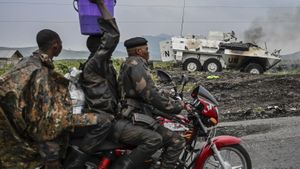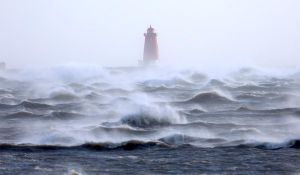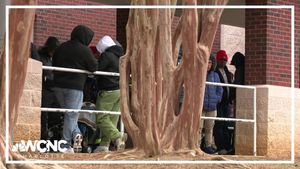President Donald Trump has ignited controversy by signing an executive order aimed at revoking birthright citizenship for children born to unauthorized immigrants and temporary visa holders. This directive, titled "Protecting the Meaning and Value of American Citizenship," was signed on January 20, 2025, immediately following his inauguration for another term. It will take effect 30 days post-signing.
The essence of Trump's order stands against the backdrop of the 14th Amendment to the U.S. Constitution, which guarantees citizenship to "all persons born or naturalized in the United States, and subject to the jurisdiction thereof." Historically, this constitutional guarantee has been upheld through various court decisions, including the pivotal 1982 Supreme Court case Plyler v. Doe, which reaffirmed the citizenship rights of children born to undocumented immigrants.
One specific community particularly affected by this change is the Indigenous peoples of the United States, especially those from the Wabanaki Nations—comprising the Houlton Band of Maliseet Indians, Mi’kmaq Nation, Passamaquoddy Tribe, and Penobscot Nation. Maulian Bryant, the executive director of the Wabanaki Alliance, expressed grave concerns: "The fact it’s even being brought up is troublesome," noting the potential risks to Indigenous citizenship rights. She emphasized the importance of carrying tribal identification as proof of citizenship amid rising fear over the questioning of Indigenous peoples’ citizenship by immigration authorities.
Kirk Francis, Chief of the Penobscot Nation, echoed these sentiments, encouraging tribal members to carry their IDs for protection against potential ICE encounters. The impact of Trump's order on their legal status presents new challenges for intergovernmental relations between the tribes and federal authorities.
By introducing such drastic changes, the Trump administration seeks to redefine the interpretation of citizenship. The order claims it aims to clarify the phrase "subject to the jurisdiction" of the U.S., arguing it does not apply to those deemed undocumented. Critics vehemently oppose this perspective, asserting it undermines deeply established norms around citizenship. Bryan remarked on the dissonance, stating, "It’s all of our homeland and it was stolen," reminding us of the historical injustices faced by Native peoples.
Legal challenges are already mounting against the executive order. Numerous lawsuits have been filed by various states, including Maine, Oregon, and Washington, along with civil rights organizations like the American Civil Liberties Union. On January 23, 2025, U.S. District Judge John C. Coughenour issued a ruling temporarily restraining the enforcement of Trump’s order, calling it "blatantly unconstitutional" and highlighting the long-standing interpretation of the 14th Amendment as guaranteeing birthright citizenship.
The clash between Trump's administration and its critics reflects broader national anxiety over immigration policies and practices. Observers sit divided: supporters argue the order is legally sound and necessary, citing risks associated with "birth tourism" and unchecked immigration. They assert Trump's executive action speaks to protecting the fabric of American citizenship.
On the other hand, opponents argue the move is steeped in racial undertones and presents legal ambiguities, emphasizing the fact regardless of immigration status, children born on U.S. soil have traditionally been afforded citizenship. The seemingly abrupt pivot from established policies has left many individuals and communities, particularly immigrant families, anxious about their future.
Both the reaction to Trump's executive order and the legal disputes it incites highlight the fragile balance between immigration law and civil rights protections. Amid this chaotic backdrop, there is increasing urgency among Indigenous leaders to safeguard their rights within this shifting political climate.
Reflecting on the legal and geopolitical consequences of Trump's administration's direction, Bryant mused, "I hope there’s some common sense and decency and we don’t destroy some of those really great Indigenous influences on our society." The dialogue on citizenship remains heated as advocates continue to challenge the executive order, maintaining the historical precedent of citizenship rights for all who are born on U.S. soil.
With the new administration poised to challenge the existing legal framework surrounding birthright citizenship, the outcome of these debates could shape the future for millions of individuals, including Native American tribes and undocumented families, relying on the promise of citizenship as integral to their identities and rights as residents of the United States.



